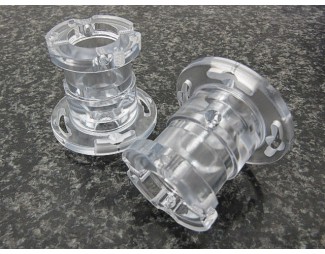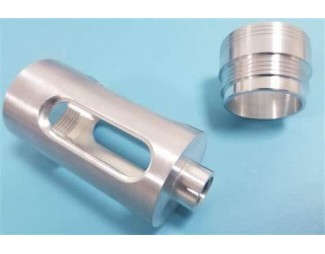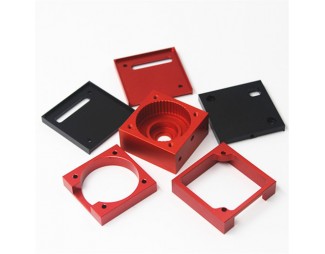Production Of Medical Prototypes
In recent years, with the rapid development of the medical industry, many medical companies will choose to make a few sets of prototypes or small batches of dozens of sets to occupy the market first to occupy the market faster. And what are the steps needed to make a medical prototype? Today, the editor will take you to understand.
Step 1: First, the most important thing is to find a prototype manufacturer that can complete the processing independently, and send the drawings (3D, 2D) required for processing to it. Here, the manufacturer must communicate with the customer at any time, so as not to change the drawing and cause the processed product to be wrong. After receiving the drawings, the manufacturer will evaluate the feasibility of the drawings, determine the processing method of the product, processing time and a processing price cost.
Step 2: Most of the medical prototype models need a surface treatment, most of which are painted or silk-screened. Here it is necessary to pay special attention to the choice of paint. The working environment of medical prototypes has certain requirements for paint. The paint selection needs to use anti-alcohol paint, and silk screen printing also needs anti-alcohol.
The third step: a choice of medical prototype processing method we recommend the use of CNC machining, CCNC machining is a subtractive manufacturing, a characteristic of the material will be better than 3D printing, and the accuracy can also be very accurate, of course Some complex structures still need 3D printing to complete. There is also the choice of CNC machining. It depends on the demand to choose the overall processing or the dismantling processing. The editor suggests that you can choose dismantling processing if you can disassemble the processing. This will not have much impact on a quality demand. Can save a lot of cost.
Step 4: After the medical product processing is completed, it is a processing process for the product. First, it will be handed over to the manual department for processing and adaptation. Next is sanding and painting. After the product is successful, it will be assembled and adapted as a whole.
Step 5: Finally, hand over to the quality inspection department to test and inspect a series of requirements such as size, color difference, paint finish, smoothness, and alcohol resistance.
The above are some basic processes of making some medical prototype models. If you want to know more, please feel free to contact email: enquiry@abcrapid.com.
Search
Recent Post













